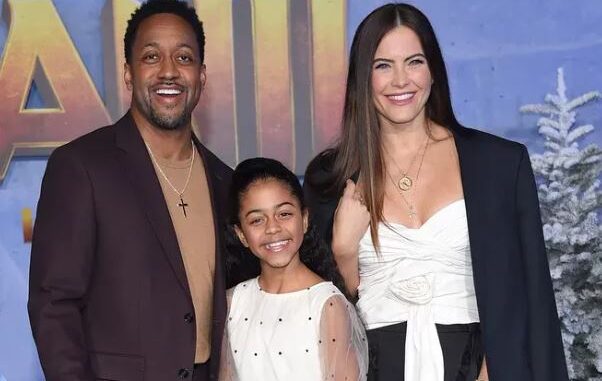

The sitcom “Family Matters,” which aired from 1989 to 1998, stands as a significant milestone in the evolution of black representation on television
In a landscape that had traditionally relegated black families and characters to stereotypical or peripheral roles, “Family Matters” offered a refreshingly nuanced and multifaceted portrayal of a middle-class African American household. At the heart of the show was the Winslow family, a relatable and aspirational unit that defied the dominant narratives of the time. Rather than reinforcing the tropes of poverty, crime, or social dysfunction that had often defined black families on television, the Winslow’s embodied the values of love, togetherness, and the pursuit of the American dream.
This shift in perspective was particularly profound, as it allowed viewers to see themselves and their own experiences reflected in the characters on screen. The Winslows’ struggles, triumphs, and everyday challenges resonated with a broad audience, transcending racial boundaries and demonstrating the universality of the human experience.

But “Family Matters” went beyond simply providing a more accurate and representative portrayal of black life. The show also embraced the diversity of the African American experience, incorporating storylines that addressed issues of racial identity, social justice, and cultural heritage. Through the lens of the Winslow family, audiences were exposed to a multifaceted and nuanced understanding of the black experience in America.
